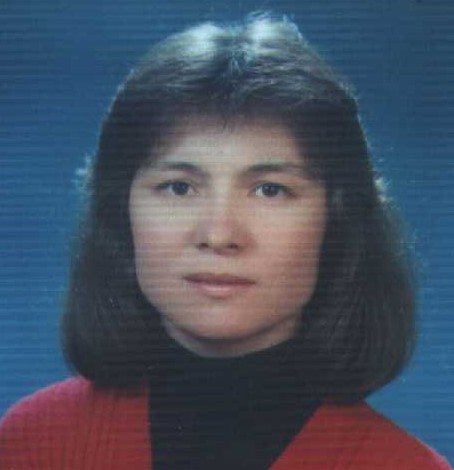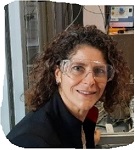 |
Prof. Nilgun Karatepe Yavuz, Istanbul Technical University, Turkey
|
Dr. Nilgun Karatepe Yavuz is a
chemical engineer. She received the M.Sc. degree and PhD degree in
chemical engineering, from Istanbul Technical University. Between
1992-2006 she worked at Chemical Engineering Department of Istanbul
Technical University. Since then she has been with Renewable Energy
Division of Energy Institute of Istanbul Technical University,
Turkey, where at present she is professor. Her current research
interests are carbon nanotube synthesis and applications; activated
carbon technologies; solar cells: organic and perovskite solar
cells, energy storage: Li-ion and air batteries, supercapacitors;
hydrogen energy: production, storage and conversion technologies;
energy, environment and adsorption. She has many journal and
conference publications on these topics.
Speech Title: Solid-State Batteries : Fundamentals and Challenges
Abstract: Solid-state batteries (SSBs) have attracted enormous attention as one of the critical future technologies due to the probability to realize higher energy density and superior safety performance compared with the state-of-the-art lithium ion batteries.
As the key component in SSBs, solid-state electrolytes (SSEs) with non-flammability and good adaptability to lithium metal anodes have attracted extensive attention in recent years.
However, there are still intimidating challenges for developing low cost and industrially scalable solid-state batteries with high energy density and stable cycling life for large-scale energy storage and electric vehicle applications.
This presentation offers an overview on the scientific challenges, fundamental mechanisms, and specifically focusing on the stability issues of solid-state electrolytes and the associated interfaces with both cathode and anode electrodes.
Following the obtained insights, perspectives are given in the end on how to design practically accessible solid-state batteries in the future.
 |
Prof. Victoria Laura Barrio,
University of the Basque Country
(UPV-EHU), Spain |
Industrial engineer and doctorate
at the University of the Basque Country UPV/EHU in 2002, where she
received her PhD. She was a Postdoctoral researcher in the
Engler-Bunte-Institut at the Karlsruhe Institute of Technology
(2003-2004). Current research fields are catalytic processes focused
on advanced reaction systems for hydrogen production from renewable
sources and CO2 valorisation, hydrogen storage and LCA analysis.
Including development of thermal- and photo- catalytic processes for
the production of high value-added products like methanol from
wastes and biofuels and design of advanced reaction systems
incorporating microreactors and membranes applied to the mentioned
processes. Scientific Coordinator for the ongoing European project
UnLOHCked and Partner of the ongoing European SherLOHCk project.
Speech Title: H2 as Energy Vector: Transport and
Storage
Abstract: Global warming,
normally caused by the increasing consumption of fossil fuels, has
been a huge environmental problem. Currently, the use of energy from
renewable sources is proposed to be the key to mitigate the
environmental problems derived from energy demand. However, these
resources need of storage systems able to smooth fluctuations. Green
hydrogen is considered to be a promising energy carrier due to its
properties like free-CO2 combustion and high gravimetric energy
density. The main challenge is related to its low energy density, as
the molar volume of hydrogen at standard conditions is very large.
To date, many physical and chemical hydrogen storage techniques have
been investigated. They all target to increase the volumetric energy
content without compromising gravimetric energy density.
Conventional hydrogen storage techniques include compression and
liquefaction; however, these technologies offer only limited
benefits due to safety concerns: low storage density, boil-off
losses, and relatively high cost. Hydrogen conversion into another
chemical substance can help to overcome many of the disadvantages
mentioned. From this perspective, the use of carriers with a
reversible conversion and recovering the hydrogen can be a promising
solution.